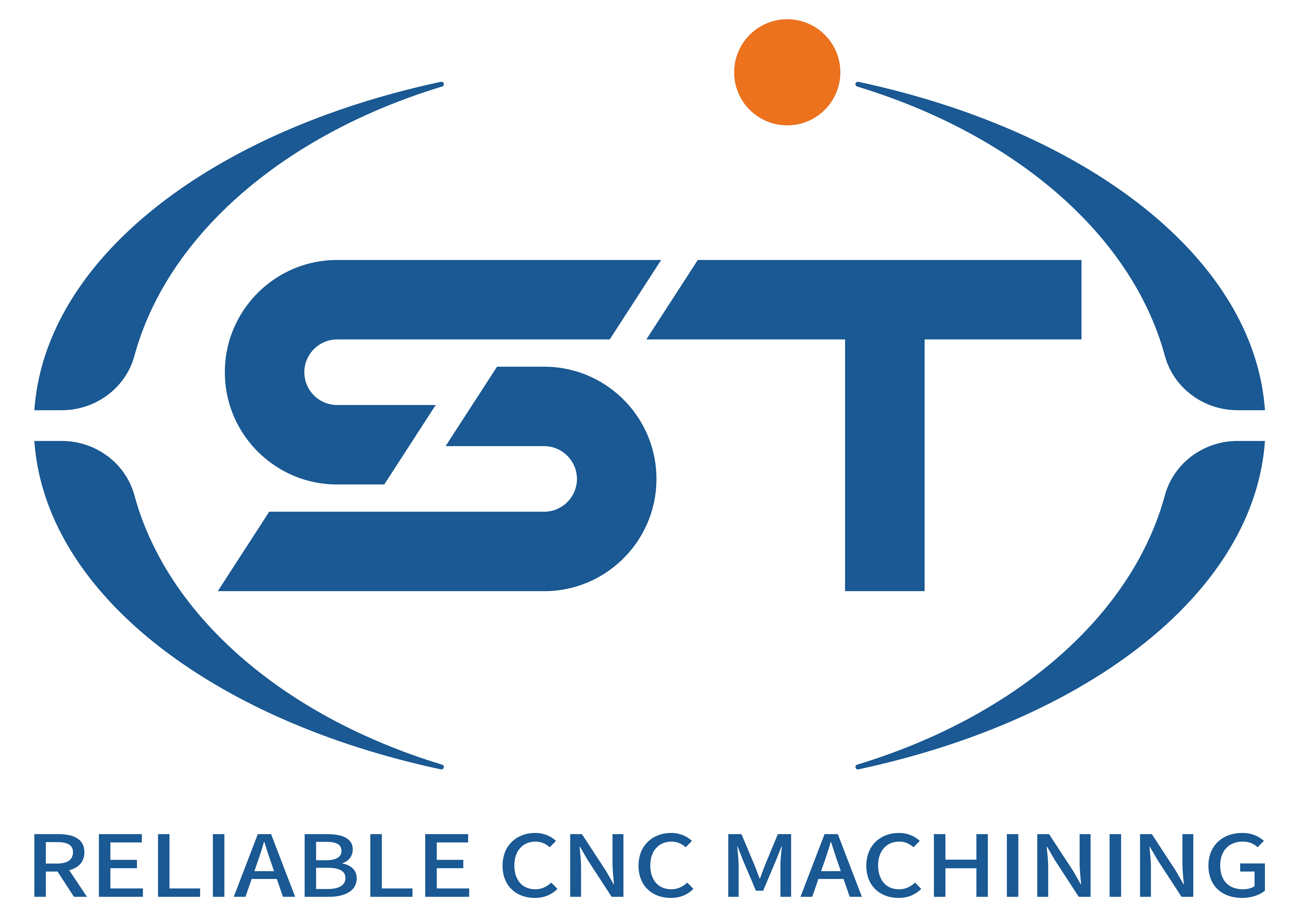Future Trajectories of CNC-Bearbeitung Services: Innovations and Strategic Shifts
Die CNC-Bearbeitungsdienstleistungsbranche steht vor einem transformativen Wachstum, angetrieben durch aufkommende Technologien, sich wandelnde Kundenerwartungen und globale Nachhaltigkeitsziele. Während Hersteller versuchen, Effizienz, Präzision und ökologische Verantwortung miteinander in Einklang zu bringen, erfährt der Sektor strukturelle Veränderungen, die seine Fähigkeiten neu definieren werden. Im Folgenden untersuchen wir wichtige Trends, die seine zukünftige Landschaft prägen.
Integration of Artificial Intelligence and Machine Learning
AI-powered systems are revolutionizing CNC machining by optimizing every stage of production. Machine learning algorithms analyze historical data to predict tool wear, adjust cutting parameters in real time, and minimize material waste. For instance, neural networks can identify patterns in machine vibrations to detect anomalies before they escalate into costly breakdowns. Additionally, generative design tools leverage AI to create lightweight, structurally efficient components that traditional methods might overlook. This fusion of intelligence and automation will enable manufacturers to achieve unprecedented levels of precision and cost-effectiveness.
Hyper-Personalization and On-Demand Manufacturing
The rise of e-commerce and digital platforms is fueling demand for customized, small-batch production. CNC machining services are adapting by offering schnelle Prototypenentwicklung and low-volume manufacturing with minimal setup times. Cloud-based CAD/CAM software allows clients to modify designs instantly, while localized “micro-factories” equipped with modular CNC systems can fulfill orders within days. This shift caters to industries like consumer electronics and fashion, where speed-to-market and product differentiation are critical. By embracing flexibility, service providers can tap into niche markets previously dominated by traditional mass production.
Advancements in Multi-Material and Hybrid Machining
Modern CNC machines are evolving to handle diverse materials in a single workflow, eliminating the need for multiple setups. Hybrid systems combine additive and subtractive processes, enabling the creation of complex geometries with internal channels or embedded sensors. For example, a component might be 3D-printed and then precision-machined to achieve tight tolerances. This capability is particularly valuable in aerospace and medical sectors, where parts often require both lightweight structures and high durability. As material science progresses, CNC services will expand their repertoire to include advanced composites, biodegradable polymers, and smart materials.
Circular Economy Practices and Zero-Waste Goals
Sustainability is no longer a competitive edge but a necessity. Future CNC machining services will prioritize circular economy principles, such as recycling metal chips into raw material feedstock and repurposing coolant fluids. Innovations like dry machining—eliminating liquid lubricants entirely—are gaining traction to reduce hazardous waste. Companies are also exploring blockchain technology to track material origins and ensure ethical sourcing. By adopting closed-loop systems, the industry can align with global net-zero targets while appealing to environmentally conscious clients.
Decentralization of Production Through Distributed Manufacturing
The proliferation of affordable, user-friendly CNC machines is enabling decentralized production networks. Small-scale workshops and regional hubs can now compete with large facilities by leveraging digital twins and remote monitoring tools. This model reduces transportation costs and carbon emissions by positioning production closer to end-users. For example, a medical device company might partner with local CNC providers to ensure rapid delivery of customized implants. As 5G connectivity improves, real-time collaboration across borders will further blur the lines between centralized and distributed manufacturing.
The CNC machining services sector is entering an era defined by agility, intelligence, and sustainability. By harnessing AI, embracing customization, and rethinking material usage, providers can unlock new value streams while addressing global challenges. Those who adapt swiftly to these trends will lead the charge toward a more resilient and innovative manufacturing ecosystem.




